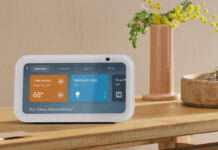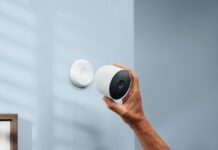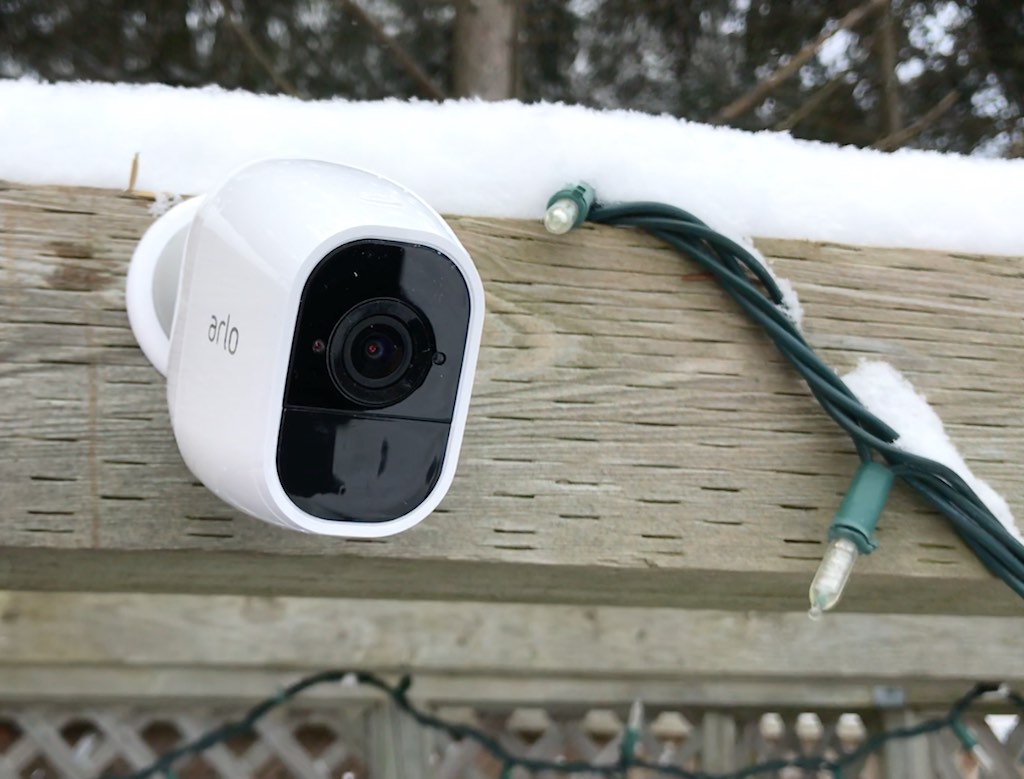 As you look to purchase a smart security system for your home, you’re inevitably going to come across two abbreviations: DVR and NVR. Both NVR (Network Video Recorder) and DVR (Digital Video Recorder) have a lot of different options to choose from on the market, and, at their core, both do a good job of recording videos. However, the differences between them (and how they work) will probably lead you to choose one type over the other. In this blog, I’ll talk about these differences. Hopefully, this will help you to choose which type of system will work best in your home.
As you look to purchase a smart security system for your home, you’re inevitably going to come across two abbreviations: DVR and NVR. Both NVR (Network Video Recorder) and DVR (Digital Video Recorder) have a lot of different options to choose from on the market, and, at their core, both do a good job of recording videos. However, the differences between them (and how they work) will probably lead you to choose one type over the other. In this blog, I’ll talk about these differences. Hopefully, this will help you to choose which type of system will work best in your home.
What do DVR and NVR Technology Share in Common?
DVR and NVR technology don’t share a lot of things in common, but they do share a few. Obviously, both do video recording in their own unique way, and both have systems that can support multiple camera inputs. When purchasing a security system, pay attention to the number of “channels” the receiver can pick up. That’s the number of cameras the receiver supports. Your home may only need 4 cameras, in which case you just need a 4 channel receiver. However, if you live on a larger property and have things like outbuildings (such as detached garages and sheds) and other areas that you want to monitor, or you want to build up to more cameras than you can get out of the box, you can get receivers that support up to 16 channels.
Those are really the major similarities though. Next, I’ll look at what makes each technology different.
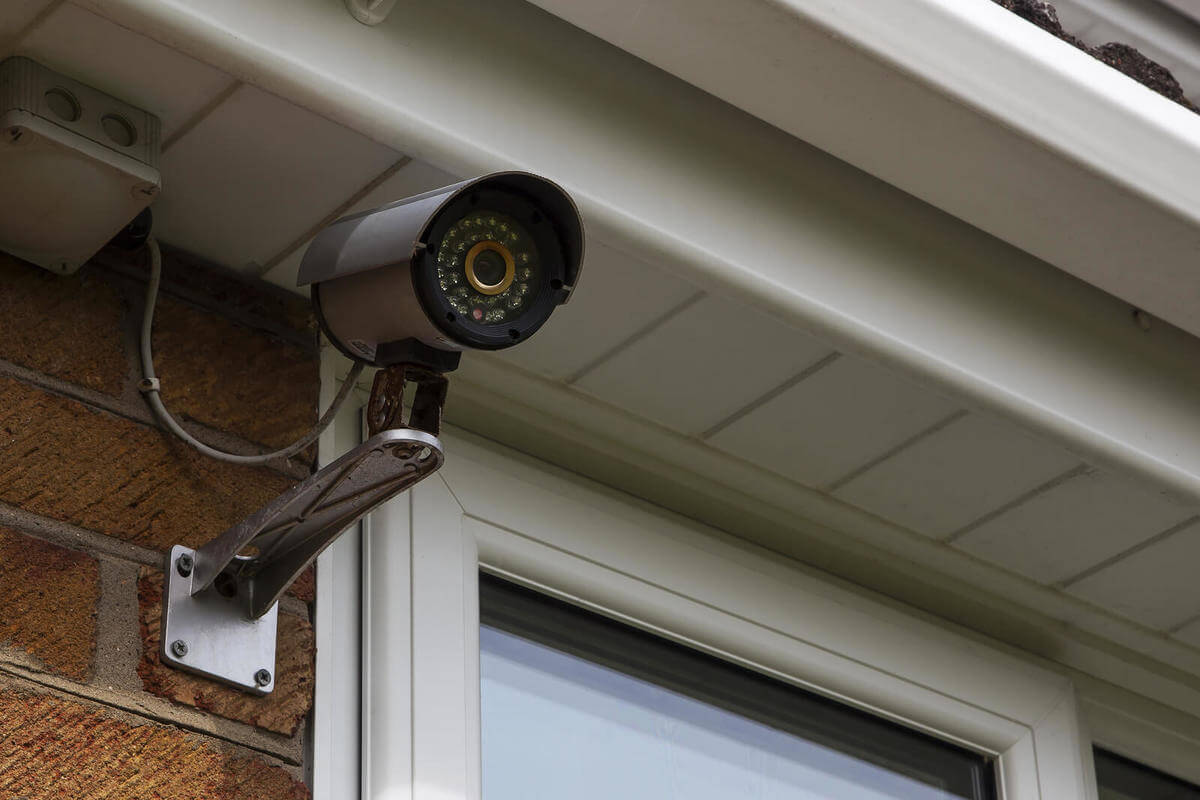
The Case for DVR (Digital Video Recorder) Technology
DVR Technology is the one that you typically associate with most security cameras you’re used to. Indeed, forms of DVR technology have been around for quite a while, and they come with a lot to think about.
DVR technology is based on cameras hooked up manually to the receiver with coaxial cables. This means that your entire DVR system must be wired and hooked up to a receiver at all times. Why it this? It’s because DVR cameras process their signals and transmit them back to the receiver for recording. Since coaxial cables don’t carry their own power source, this means that you’re going to need to ensure your camera gets power too.
Since all of your cameras must be wired, DVR is a great option for those in the middle of building a home (so that you can incorporate and hide wiring in the walls as you see fit) or those that have existing hookups to support the technology. DVR is also a great option for those of you with fairly simply shaped or smaller homes, since you won’t have to do much specialized installation—especially if you’re interested in hiding all of your wiring. Coaxial cable recording quality starts to weaken the further the camera is from the source (since the camera is capturing a signal it’s sending back to the recorder), and if you live on a larger property, you’re going to really see this if you have cameras placed a couple hundred feet away from the receiver. In fact, if you need to install a camera more than 300 feet away from the receiver, you should just move on to NVR technology.

Many homeowners are more interested in the video end of security than the audio end, so it may not matter much to you that coaxial cables don’t carry native audio. This doesn’t mean that you can’t have sound at all with a DVR system. Many DVR systems do come with audio capabilities. It will just require separate wiring, and the number of cameras that carry audio are limited to whatever the receiver can support. It shouldn’t be a dealbreaker in the end unless you really want all of your cameras to have audio.
One positive tradeoff for DVR technology is for the price conscious. If you’re shopping on a budget, DVR technology is the cheaper of the two. You can also mix and match DVR and NVR cameras to a certain extent, though again it will be restricted to whatever the receiver itself allows. If your receiver cannot support NVR cameras, you’ll have to expand it all with DVR cameras.
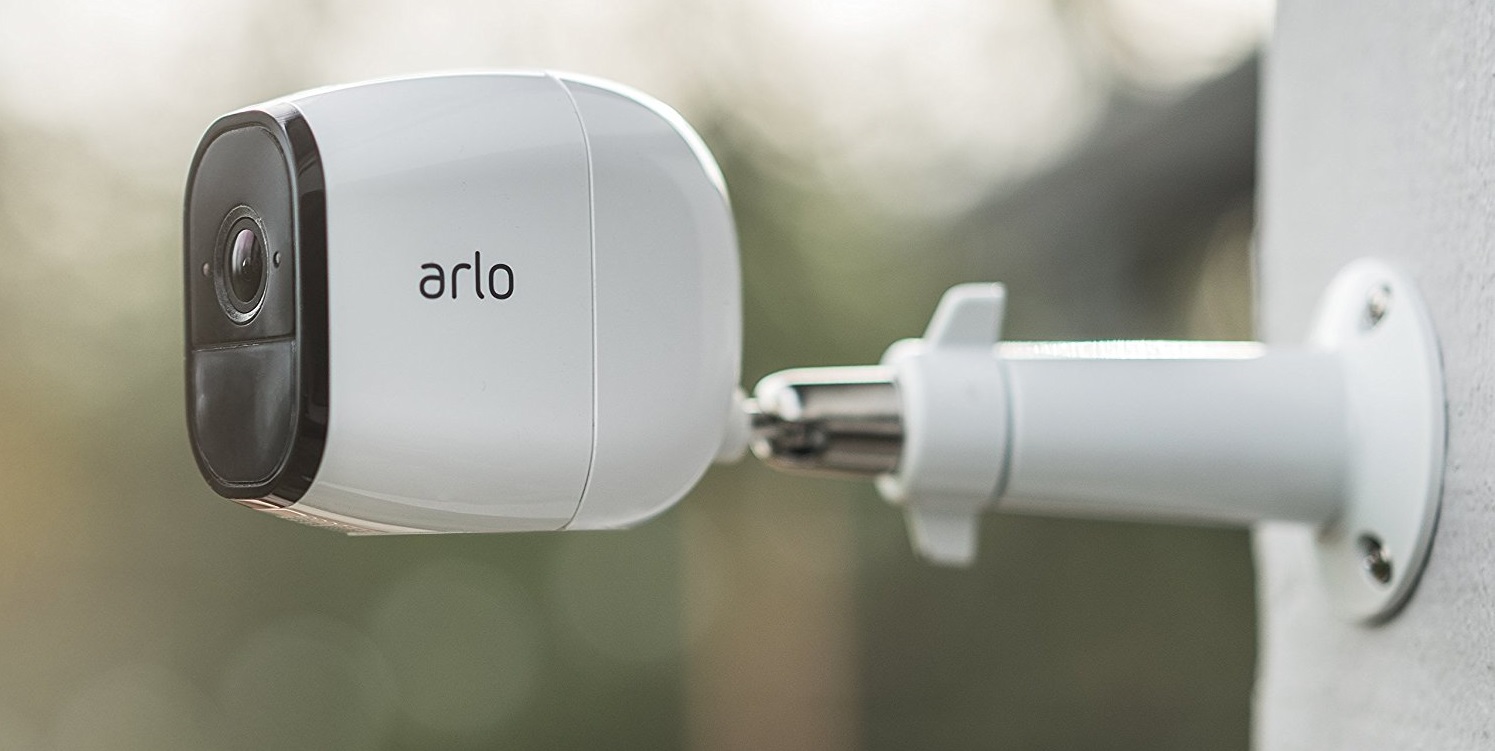
The Case for Network Video Recorder (NVR) Technology
NVR Technology is what you’re beginning to see emerge more often in newer security systems, and, if you have any IP cameras (or have seen IP cameras), you’ve experienced this technology.
NVR cameras record at the source, and then transmit back to the receiver for recording. As a result, your NVR camera setup can either be wired or wireless, depending on your preference. Rather than coaxial cables, NVR cameras wire in using Ethernet cables, which are capable of collecting audio and powering the camera too. While DVR technology also requires you to wire-in to the same receiver for recording, NVR technology (since the cameras can be wireless and battery powered) just require you to have everything on the same network. Without as much reliance on wiring, you’ll also find that NVR is the much easier install.

NVR cameras will work as far from the source as you need them to, as long as there’s a consistent signal out that the camera can connect to. This means that you’re not held to the 300 foot limit that coaxial cables have and are basically just limited by signal strength if you go wireless. If you go wired, you have a max Ethernet cable range of about 328 feet, but if you choose wireless systems for those outlying cameras, you won’t need to worry about that. Lastly, since the video is recorded at the source, the overall quality will be much higher since it’s transmitting a more finished product back to the recording base.
The big difference that you’re going to see with NVR technology off the shelf, though, is price. NVR technology is more costly than DVR technology, but you get some good tradeoffs.
Choosing Between a DVR and NVR System
If you’ve determined that your home can support either type of security system, your last step is making a choice.
If budget is your key concern, then, again, you’re probably going to see that DVR systems are a fair bit cheaper than NVR systems. That cheaper price tag also comes with some drawbacks though. Reading everything I covered above, a fully-wired DVR system could lend itself to lower video quality, lower (or no) audio quality, and a tougher up front installation than an NVR system.
However, an NVR system isn’t without its drawbacks too. A wireless NVR system means that you’ll inevitably have to replace batteries; or, you’ll have to find alternatives like investing in camera-specific solar panels (assuming the system you chose supports them) to keep them powered. However, you can put wireless NVR cameras up wherever you need them, and you don’t have to run and hide a bunch of wire to make it look nice.
Ultimately, you’ve got to choose the right security system for your needs. Both DVR and NVR technology come with a set of positives and negatives, so just make sure that the system you plan to get for your home best suits your time and money investment.
Do you have a Security System around your home? What did you end up choosing? A DVR or NVR system?


